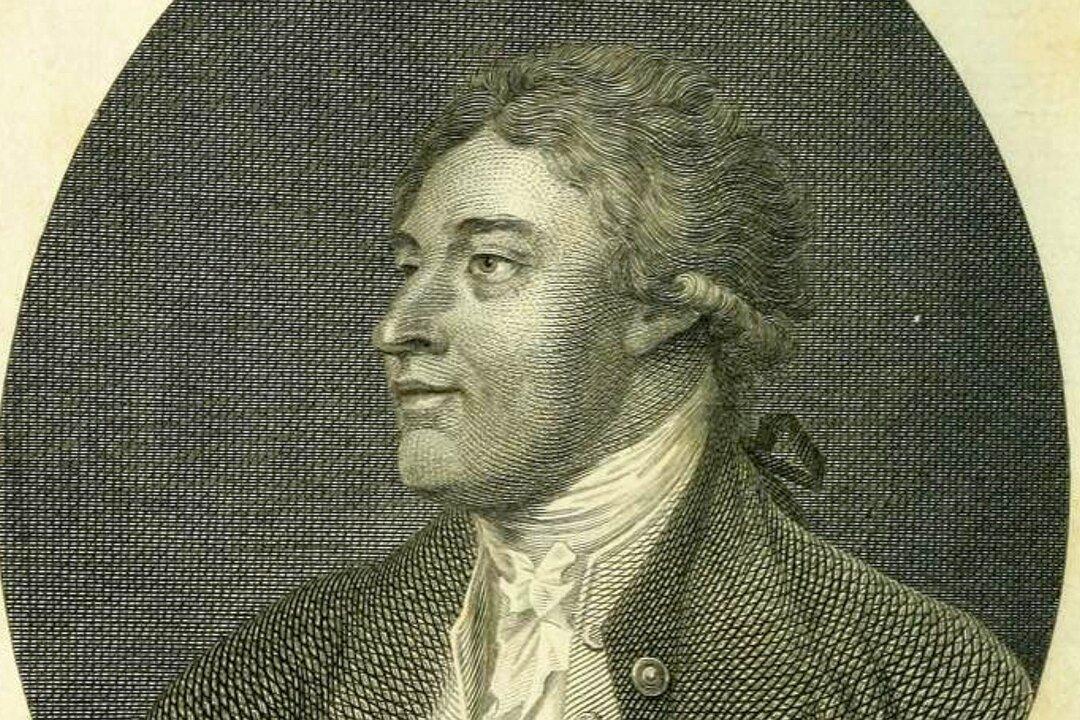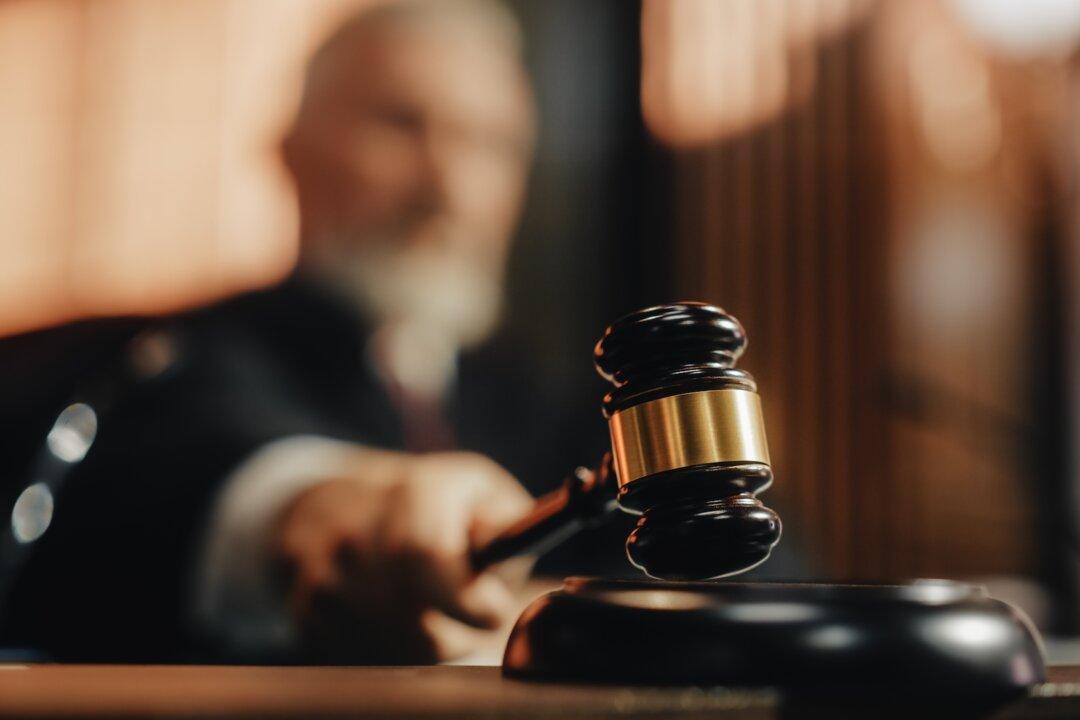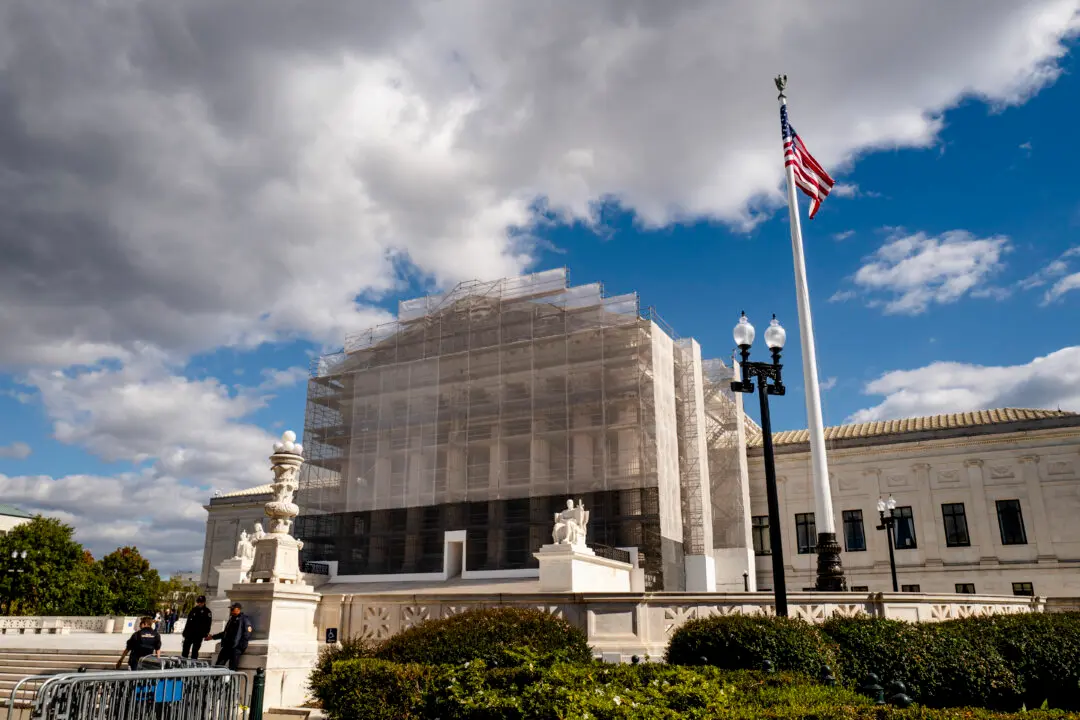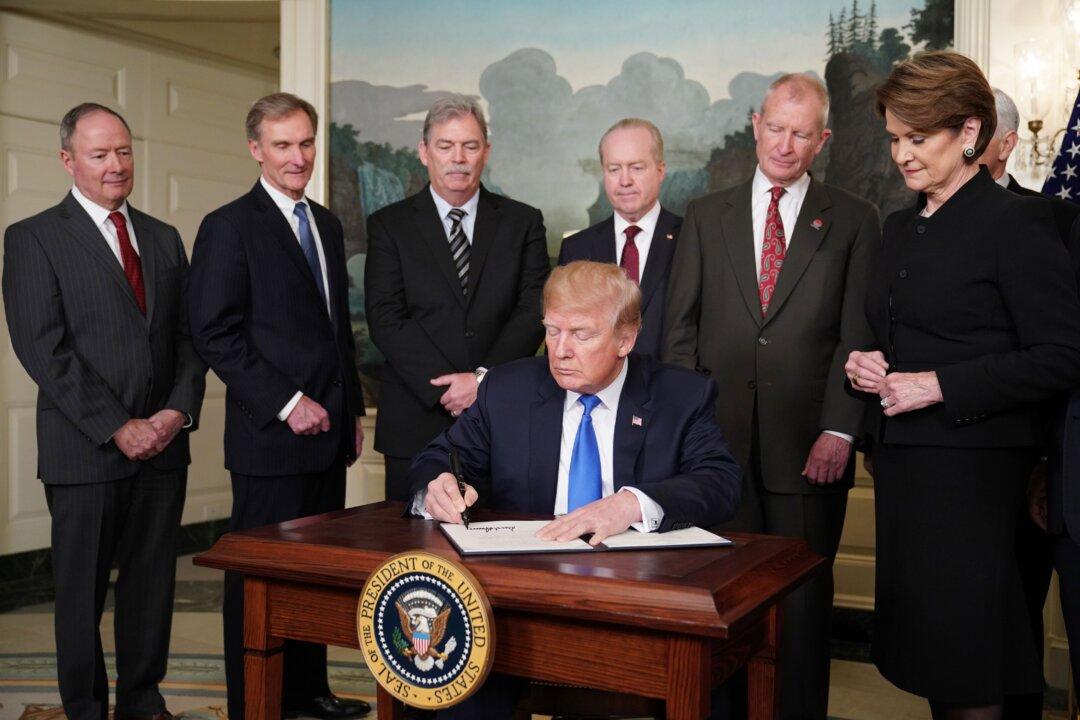Commentary
Writers on the Constitution seldom mention the name of Jean-Louis DeLolme. This is unfortunate, because DeLolme’s book on the English political system significantly influenced those who participated in the constitutional debates of 1787–90. The Constitution’s opponents—the Antifederalists—relied on it. And as leading historian Gordon Wood testified, DeLolme’s book “had an extraordinary influence on Federalist thinking in the late 1780s as well.”





